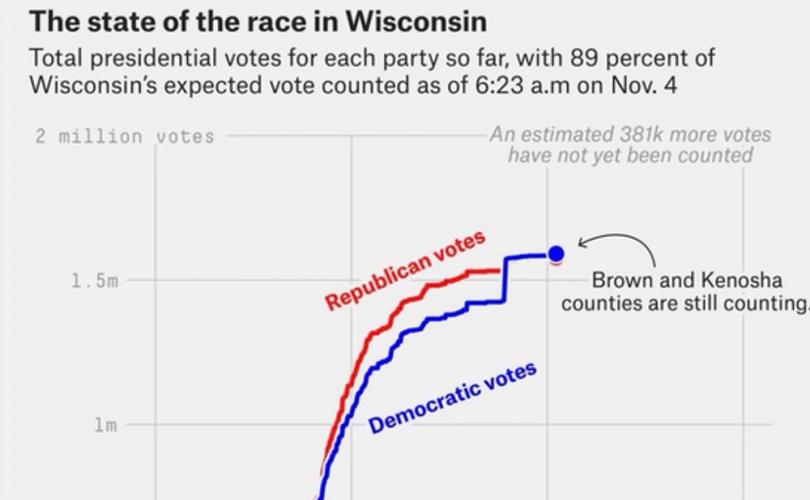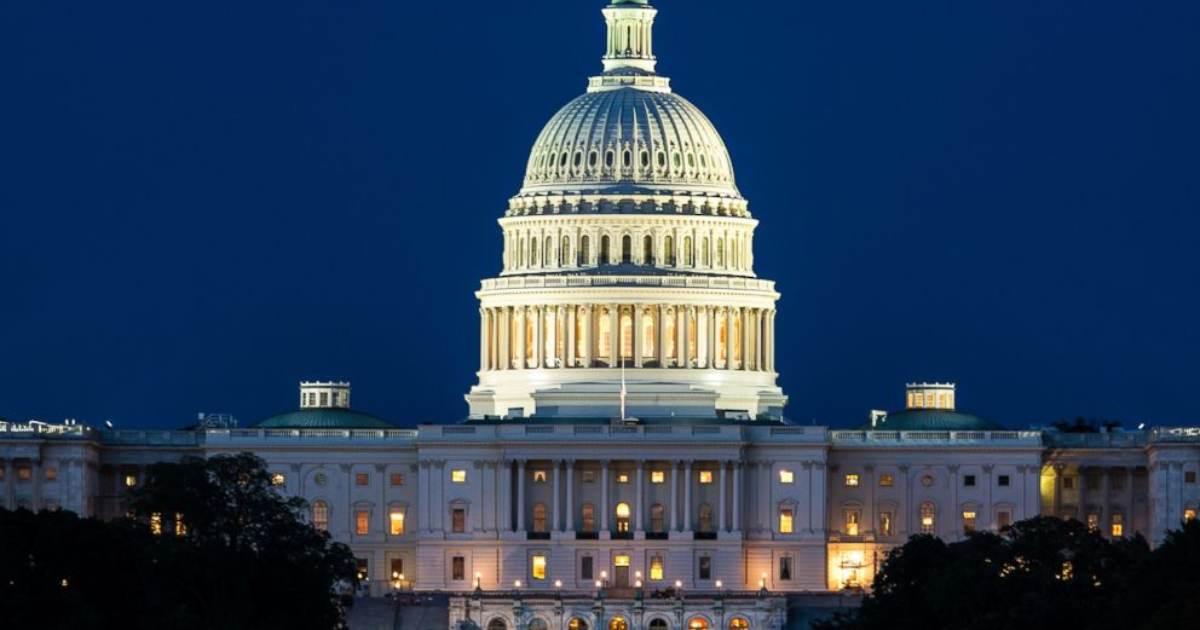Elon Musk, owner and Chief Technology Officer of the social media platform X, still has work to do.
According to a remarkable and unnerving study by the Media Research Center, Musk’s oft-stated and apparently sincere desire to transform X into a bastion of free speech has produced no meaningful improvement in the platform’s algorithm, which amplifies elected leftists and throttles their conservative counterparts.
MRC credited Musk with having “made strides” toward free speech. But data collected by MRC researchers suggested that “remnants of the Old Twitter censorship regime” remain.
Between July 1 and 2, MRC researchers used Grok, X’s AI search assistant, to conduct eight tests designed to determine how the platform assigns visibility scores for members of Congress. That matters because the visibility score dictates which accounts X boosts and which accounts it suppresses.
In short, the tests found that congressional visibility scores depended on four weighted factors: Mass Appeal (38 percent), Reputation (30 percent), Toxicity (21 percent), and Follow (11 percent).
Those factors, of course, should set off alarm bells in readers’ minds. After all, “Mass Appeal” and “Follow” could have objective components, but “Reputation” and “Toxicity” are entirely subjective.
Indeed, when applied to elected legislators and their X accounts, those factors had staggering consequences.
For instance, MRC found that “X gave a distinct advantage to Democrats” in Congress.
Furthermore, the X algorithm preferred leftists to moderates and moderates to conservatives.
“Generally speaking, the more left-leaning a congressional member is, the more visible their account is to X platform users. On the flip side, the more right-leaning a congressional member is, the more their account is penalized by the algorithm,” per MRC.
Average visibility scores support this contention of algorithmic bias. On a 0-100 scale, Senate Democrats received an average visibility score of 82.4 compared to only 66.8 for Senate Republicans. Meanwhile, House Democrats received an average visibility score of 67 compared to only 58.6 for their GOP colleagues.
But those averages tell only part of the story. Among 100 senators, for instance, the top 42 visibility scores went to Democrats.
One could scarcely imagine a more brazen act of election interference than the clandestine amplification of left-leaning politicians’ X accounts.
Specific examples make the story even worse.
Shockingly, MRC found that X’s algorithm considers race-baiting Democratic Rep. Maxine Waters of California “the least toxic, most reputable, and highest-ranked House member.”
Furthermore, Senate Majority Leader Chuck Schumer of New York received the highest overall visibility rating of any elected legislator.
Crucially, MRC did not blame Musk for those absurd ratings. Instead, the study cited what it called “an internal revolt against Musk within the company’s ranks.”
Musk’s 2022 purchase of Twitter, later rebranded as X, exposed the degree to which government officials had colluded with social media platforms to censor conservatives and anyone who deviated from the establishment’s official narrative, especially on COVID-related policies.
As the MRC study showed, however, the fight against leftist authoritarianism continues.
This article appeared originally on The Western Journal.















